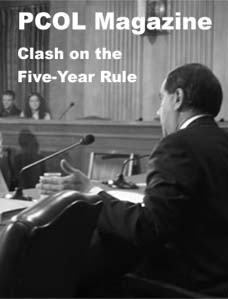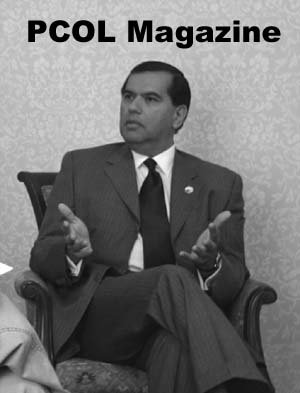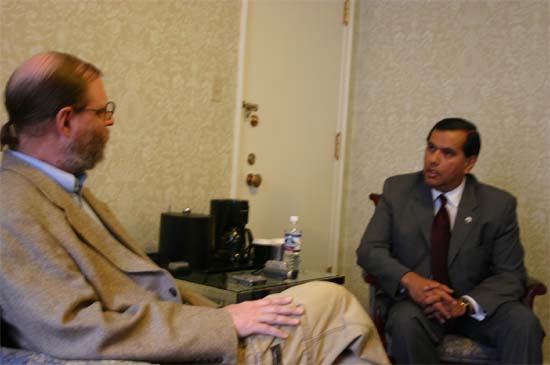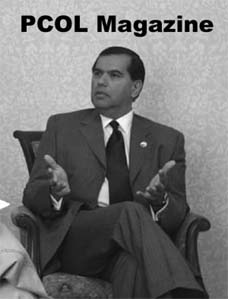 | What is the Five-Year Rule? Legislation enacted in 1965 established a general five-year limit on Peace Corps employment explained in this Peace Corps memo in greater detail. In February 2003, a change to the Five-Year rule was included in the Consolidated Apropriations Bill that passed Congress. The change exempted employees working in Safety and Security from the Five-Year rule. Director Vasquez sent letters to 54 members of Congress asking them to support this change. On May 20, 2004 the House of Representatives passed the Peace Corps Safety and Security Bill that further expanded exemptions to the Five-Year rule to include employees working in the Medical Office and the Inspector General's office. At the Senate Hearings to consider the bill, PCOL wrote an editorial and submitted it as a statement to the Senate pointing out the flaw in the proposed bill that would expand the agency's Five-Year Rule creating a two-tiered employment structure at the agency. |



